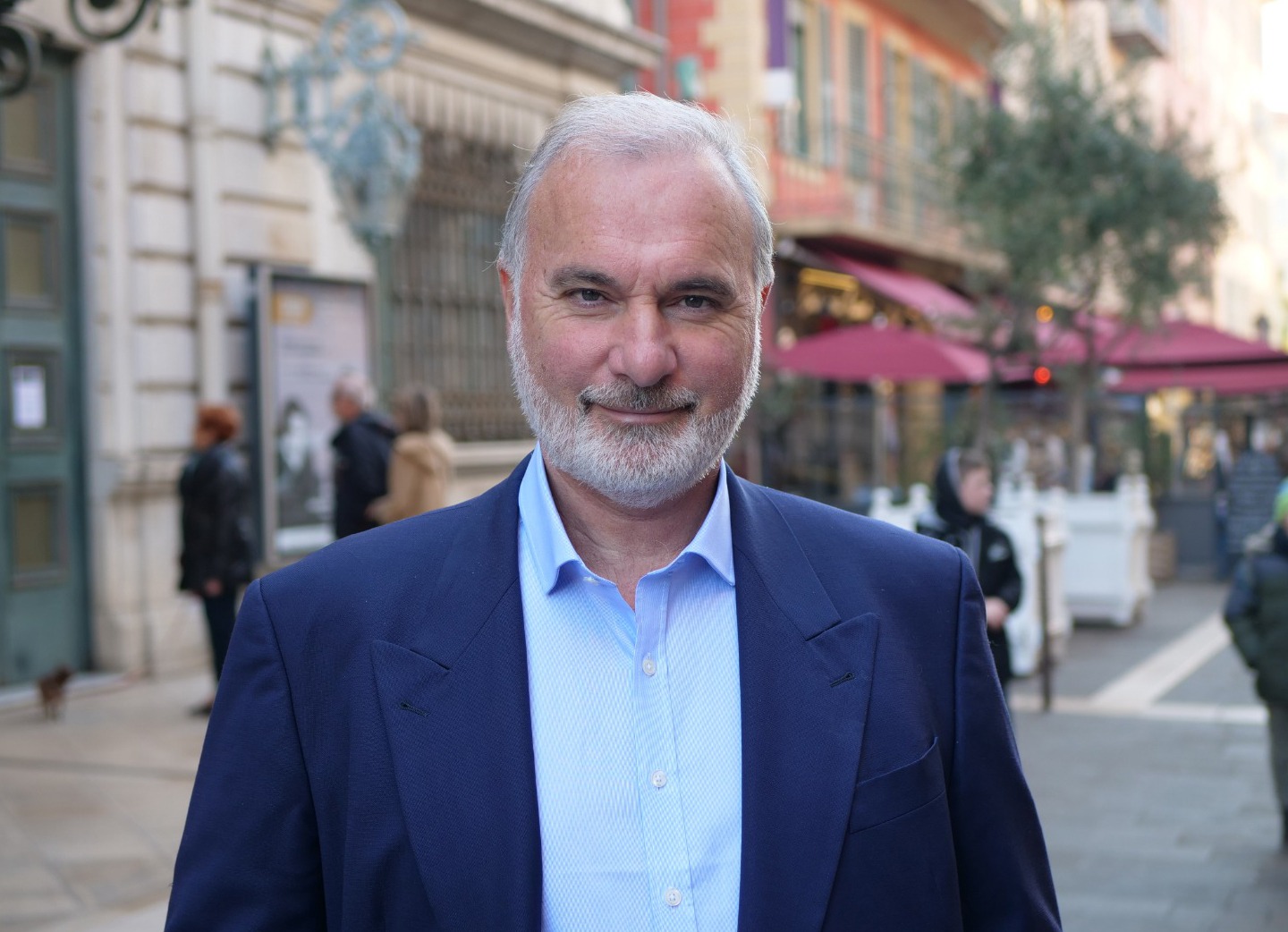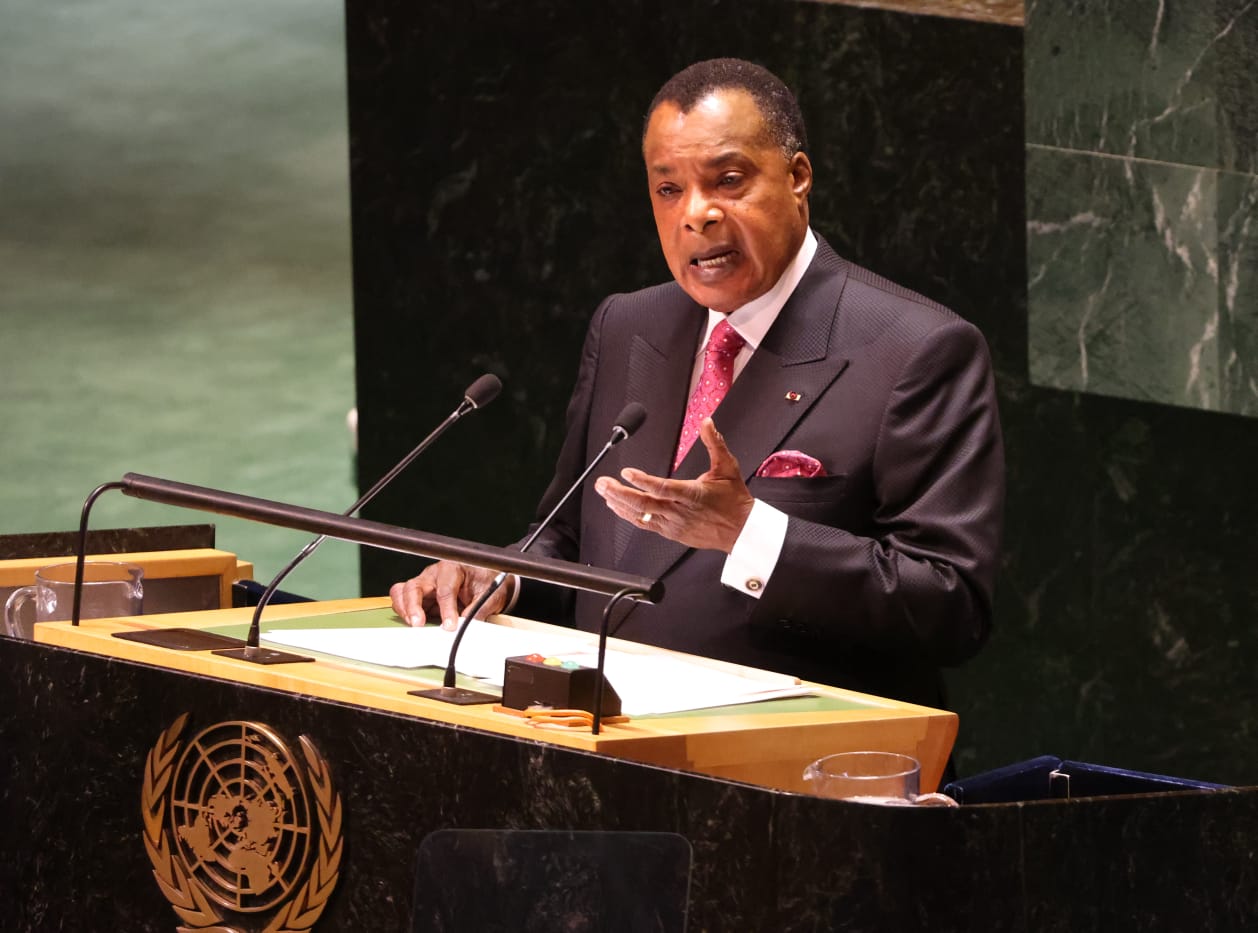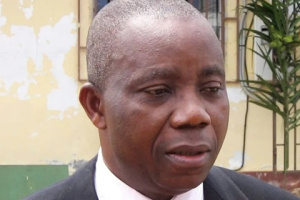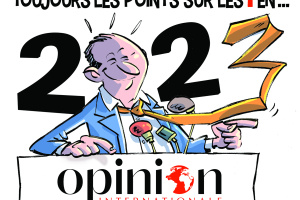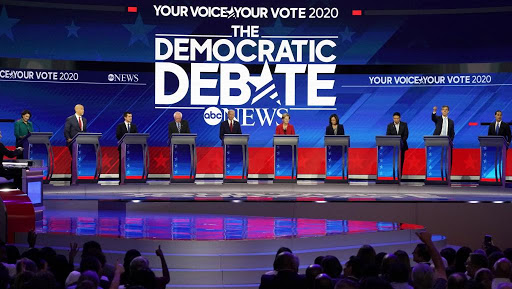
A malaise is spreading across the Democratic Party. Usually, in an election year, the first primaries provide a boost to the opposition party. The candidates vying to be selected as the nominee to unseat the incumbent get all the press, while the president struggles to make his agenda heard. Only this time around, the press coverage has not been kind to the Democrats, and Mr. Trump may for once be happy to have a reduced spotlight on himself. The glare on the Democrats’ troubled state of the party is a sight he may be happy to just enjoy.
Why this malaise so early in the race? After all, following the primaries in Iowa (won by Buttigieg), New Hampshire (won by Sanders) and Nevada (won again by Sanders), very few votes have in fact been cast. The big day Super Tuesday on 3 March is the real prize. But what happened in in recent weeks certainly bodes ill for candidates who are united only by their desire to unseat Trump and their antipathy towards one another. And the party’s contradictions may become only more evident once California and other big states hold their primaries.
At the heart of this malaise lie three simple truths that are hard for Democrats to accept. One, no single candidate has a constituency bigger than Trump’s. Two, no one really believe that they will unite their respective voters behind the person who will eventually win the nomination. Three, all but the least electable candidate, Mr Sanders, are failing to garner much momentum. Mr. Biden is fading fast, appearing more and more like a man of the past, whose claim to Obama’s mantle (and Kennedy’s legacy) reminds many of Mrs. Clinton’s sense of entitlement. Mr Buttigieg , despite his early win in Iowa, is struggling to appeal to large swathes of the Democratic base, including, alas, for some rather ignorant reasons related to his sexual orientation . Mrs. Warren’s much admired feistiness often gets lost in and obscured by her extreme wonkiness. And Mrs. Klobuchar suffers from poor name recognition and limited resources. Only Mr. Sanders seems to be picking steam, relying on a solid constituency of devotees. But Mr. Sanders has two inter-related problems. The few moderate Republicans that remain and the left of middle Democrats will really struggle to vote for him. And his cult-like following, no matter how devoted does not outweigh, in numbers, the Trump voters who will undoubtedly support the President again after having been fed everything they had asked for during this first term.
These truths also explain why in recent weeks the Democratic party establishment began to see Mr. Bloomberg as their savior. After all, the founder of Bloomberg Inc is a much more successful version of Trump. He too is a New Yorker and businessman, only a much wealthier, more generous and vastly more successful version than the White House occupant. Over the years, Mr. Bloomberg has invested time and money in support of strong Democratic causes, including gun control, abortion rights and the fight against climate change. And his record as mayor of New York is remembered fondly by most; save perhaps by the black community for his stop and frisk policies and many derogatory comments. But he has apologized for that, and his charities have given large sums to African American causes. And expect also by the poor, for whom the rapid gentrification of New York City under Mr. Bloomberg resulted in many evictions. But their voting power is limited after all. And also perhaps by a few women, and not just those at his company who were made to sign non-disclosure agreements to stave off harassment claims. But compared to Mr. Trump’s behavior, this may now pass as rather inoffensive, even in today’s #MeToo world.
So on stage has come Mr. Bloomberg, both virtually and physically, sensing an opportunity in disunity. With hundreds of millions of dollars from his personal account, his campaign has flooded the airwaves across the country with ads touting his record and his ability to defeat Mr. Trump. Perfect, or so thought the Party stalwarts, anxious to see some one emerge from the current cacophony and provide unifying leadership. But Mr. Bloomberg’s first debate performance earlier this month only increased the malaise. Not only did he give a lackluster performance, it became abundantly clear that the other candidates were not going to just step back and give him the nomination. The atmospherics on stage and in the wake of the debate also cast serious doubt that they would ever offer their full support if he were to become the nominee. Notably, for supporters of Mrs. Warren and Mr. Sanders, the thought of voting for a billionaire who embodies the political and economic system they want to overhaul seems anathema.
When things are not going well for them, Democrats at times find solace in the fact that things are going worse on the Republican side. Alas, not these days. In fact, despite an uninterrupted string of embarrassing revelations about how the White House functions, and a growing spat with his Attorney General, the now completely unhinged president is enjoying quite the good times. The impeachment process is now over, petering out like a bad movie that nobody neither cared about then nor remembers now. The economy is doing well, with low unemployment and rising wages for the poor. Recent reports pointing to a correlation between lower immigration and rising salaries for low income Americans (see the Economist 15th February 2020) have been feasted on and tweeted about with pleasure by Mr. Trump. He is even buoyed by the spread of the Coronavirus that allows him to justify his closed-door policies and anti-Chinese sentiments.
But overall, Mr. Trump enjoys one major advantage, that of simplicity. For him to run successfully, he just needs to keep to his base, the 19% of the population that just wants god, guns, higher barriers and lower taxes. He has given them, and continues to give them just that. There is little need to expand the message or to extend the outreach. There is also little use for sophisticated policies or nuanced ideas. A simple, minimalist focus on these four ingredients served crudely and repeatedly does the trick.
The Democrats on the other hand dwell, or rather wallow in complexity. They have never been good at thinking and saying simple ideas. That is to their credit and that is often their downfall. And the current make up of the race makes it even harder to do so. There is no one base that can be Twitter-fed simplicities. There are many bases, some of which have expectations of sophistication and nuance. So it is a race of complexity and diversity. And it is much harder to unite behind models of climate change adaptation than to do so behind primal grunts of greatness to be made or kept.
So the structural dimensions of this race are emerging, one primary after the other, and they do not seem to favor the Democrats. Divided they run, while Mr. Trump sits happy.
Of course, this being America, the pendulum can still swing the other way. We are talking about the country that went from Mr. Bush Junior to Mr. Obama to Mr. Trump. The last few elections have been nothing if not a reminder of the virtue of humility when it comes to predictions. But the sense of malaise is truly palpable. And beyond the divides within the Democratic Party, it stems from a new emerging possibility created by this race: that of a three-way split of the American electorate and the country’s political map between the traditional right, the old center and a new left. Long term, this configuration likely tilts left. Later this year, barring any major distortion, it probably favors the incumbent forces.
Hollis Lomax, February 2020
Read the first Lomax’ article on the US elections :
https://www.opinion-internationale.com/2020/01/27/2020-an-american-year_70360.html











